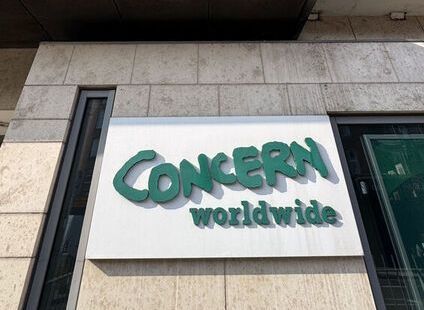The Celtic Tiger economy has turned into an economic junkyard, at least in the view of one of the three main ratings agencies.
Moody's, the rating agency with a habit of rating when countries least want to be, officially downgraded Ireland to junk status on Tuesday.
The European Commission, already angry over previous ratings applied to other debt burdened EU economies, described the junk rating as "incomprehensible."
"The Irish government has shown determination and decisiveness in its implementation of the economic adjustment program and Ireland's banks are being recapitalized and its financial system more broadly is being repaired, which is of course an essential step to get the real economy back on its feet," an EC spokeswoman said.
Pointing to the latest developments in the financial situation of Greece, Moody's said in a statement that there was an increasing possibility that the involvement of private investors would be required as a precondition for any new aid for Ireland. This, according to an Irish Times report, would be, in effect, an Irish default.
"Ireland has shown a strong commitment to fiscal consolidation and has, to date, delivered on its program objectives," Moody's did state on a more positive note.
However, the agency also noted that implementation risks remained significant, particularly in light of the continued weakness in the Irish economy.
Irish transport minister, Leo Varadkar, said that the Moody's rating was not in line with the other rating agencies. "It doesn't really matter all that much," he said in reference to the fact that Ireland was not presently active in the bond markets.
Speaking to RTE, enterprise minister Richard Bruton said the downgrade would make recovery more difficult, but said Ireland had been caught up in the agency's view of the European solutions to the debt crisis.
The Irish Times reported that while Ireland still carries investment-grade ratings with rival agencies Standard Poor's and Fitch, the Moody's downgrade "creates big new obstacle for the government's plan to exit the EU-IMF bailout program and start borrowing from debt markets again next year."









